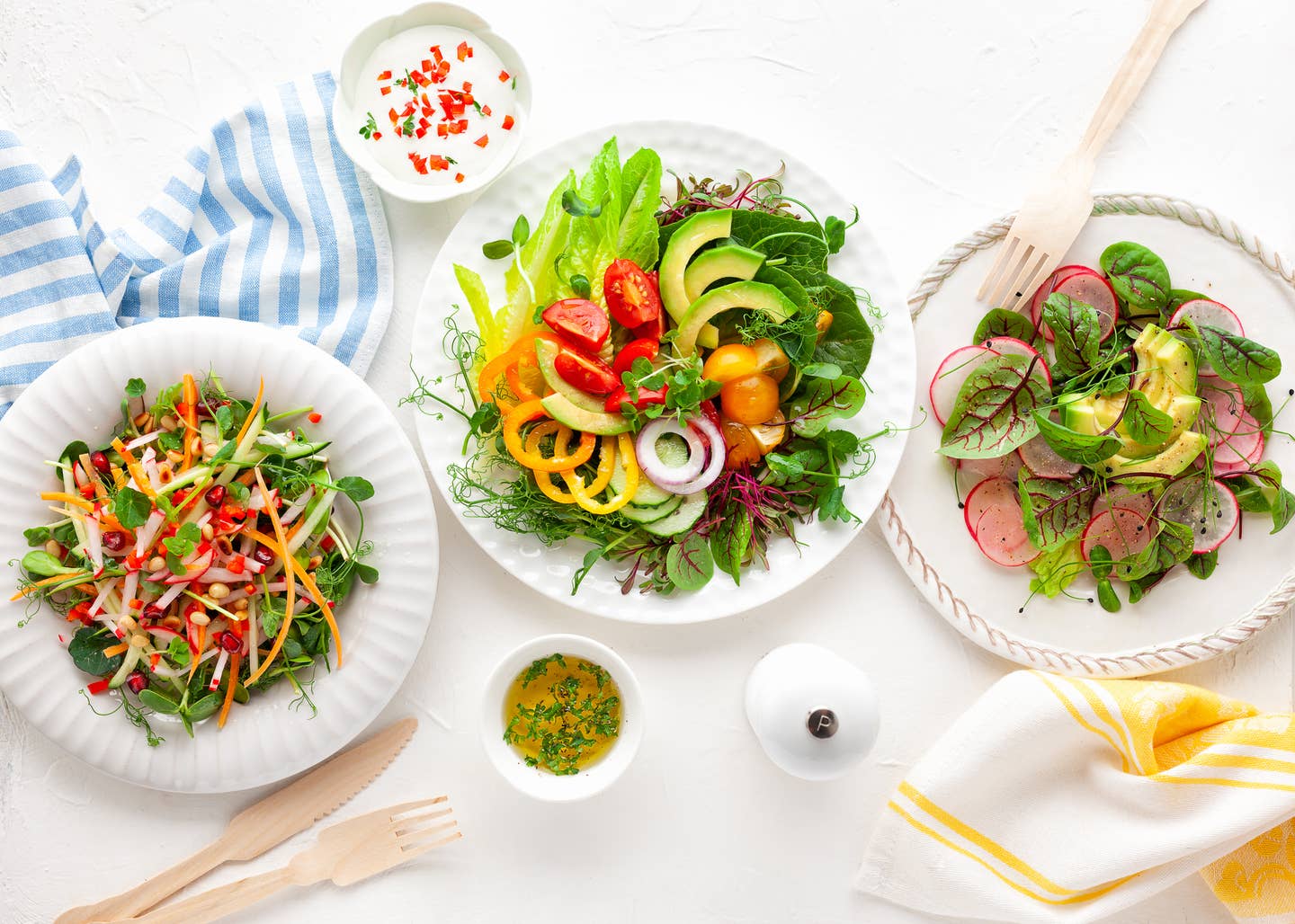
The Top Sources of Protein on a Plant-Based Diet
You may be wondering how it's even possible to get enough protein without animal products in your diet. For most of our lives, we are constantly led to believe that the best (and only) sources of protein are animal-derived, such as meat, poultry, fish, and dairy. So where does protein come from when you cut out animal products? The answer is simple: Plant-based protein.
Plant-based protein doesn't just come from processed meat alternatives like Beyond or Impossible burgers or meats. All the vegan protein you need can be found in whole foods like grains, legumes, seeds, nuts, and vegetables. Meat alternatives such as tempeh, seitan, and tofu – all made from plants – are also packed with protein. We know this may sound like a foreign language at first, but we have all the resources you need to become fluent in plant-based protein.
The Beet consulted a nutritionist to give you the top overall sources of plant-based protein. You'll be surprised by which high-protein plant-based foods are already in your diet. For all you protein-seeking fanatics out there, we did a complete roundup of all the vegetables with the most protein, the grains with the most protein (hello quinoa), the seeds, nuts, and legumes with the most protein. Peas should get more respect.
You may also want a refresher on how much protein you need. A woman should get 45 grams a day, and slightly more if you are extremely active. A man should aim for 55 grams, and add another 10 if you're training or hitting the gym hard-core. That's all you need. Keep in mind you can get about one-third of that just by snacking on almonds and pumpkin seeds. Have beans for dinner and you are halfway to the goal. (One note: Since so many people categorize foods wrongly--edamame is a legume, for instance--we double-dipped and put a few items on more than one list, just to make sure you don't miss some great sources.) Check out these lists of plant-based proteins and become a plant-protein expert yourself.
Here is the Holy Grail of Protein When You Decide to Try Plant-Based Eating:
More From The Beet






